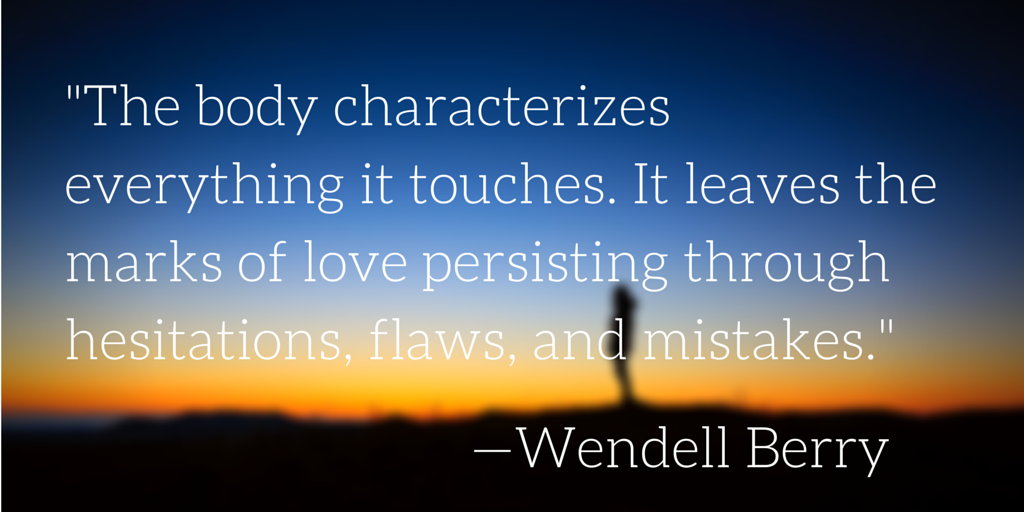Irony of ironies: I was skipping my Systematic Theology II class to have a coffee meeting with Kevin Vanhoozer (Marcus Johnson understood). No big deal. I was nineteen years old. A sophomore at Moody Bible Institute. Dictionary for the Theological Interpretation of the Bible and Drama of Doctrine were barely a couple years old. I was meeting the emperor of evangelicalism. Epic.
Meeting at a Starbucks, what would I say to Kevin Vanhoozer? I bought a coffee before he got there. He arrived with willing cheer. “Oh, you’ve already got a drink. I was going to buy!” “Right!” I thought. “Stupid. Let the professor buy. Always.” Never bought a drink since. Out of respect, of course. Professors always seem to be busy now, though…
I never thought that seven years later, I would be this man’s Ph.D. student. And I certainly never thought that the unfolding events – our meeting – would be memorialized in his follow-up theo-drama book Faith Speaking Understanding: Performing the Drama of Doctrine (Oct. 2014). When I arrived at Trinity earlier this semester, he said, “I included a few paragraphs about our meeting in my new book. Do you remember that?” … Do I remember that? Yeah. And is this blog a brag? Yup.
For those of you who have walked with me this past year, this story will provide an opportunity to join me in a fresh perspective on life – not on what God has been doing this past year (I have absolutely no idea), but on the past seven years. Welcome, Sabbath year. It’s good to be here. I’m unable to sufficiently express gratitude to God for where and how he has brought me here. For many reasons. God and church, both exiled and institutional: let’s keep performing the drama. So, kids, this is how I met your Vanhoozer, in his own words:
Nothing is as refreshing to the heart as free and fitting Christian improvisation (Phlm. 20).
Even more impressive are spontaneous ensemble improvisations. Some years ago I met with a theology student at a nearby Starbucks to discuss his plans for the future. The discussion turned from possible doctoral programs, to the state of systematic theology, and to specific doctrinal issues. After an hour or so, a woman seated nearby broke in: “Excuse me. I couldn’t help overhearing. So many ideas! But in the end, isn’t your faith merely intellectual? Does any of your academic theology make one bit of difference in the way you live?” It was, and is, an excellent question— one to which this book attempts an answer. What was remarkable, however, was what happened next.
Another woman who had been waiting in line for her coffee stepped out and professed her faith in Christ, adding that her belief in certain Christian truths had a decisive bearing on the way she lived. The woman who had interrupted me then disclosed that she was in an abusive relationship with her husband, and that her daughter was struggling with a crippling illness. How could there be a God? By this time two other people had entered the store. The young man volunteered that he had struggled with severe doubts about the faith even though his father was an evangelical pastor, but that he had returned to the faith with more conviction than ever. At this point the skeptic inquired whether we were all part of the same group. We were not, we had never met one another, and we attended different churches (Presbyterian, Roman Catholic, independent, and charismatic). The last bystander now entered the discussion and said that she too was a Christian but attended a church of yet another denomination.
At this point my heart sank: surely such a disparate and ramshackle group as ours would soon break ranks over doctrinal differences or, worse, compete for her attention in a show of ecclesiastical one-upmanship. O me of little faith! Instead, and to my pleasant surprise, what was played out— in Starbucks, of all places!— was nothing less than the communion sanctorum. Almost instinctively, each of us knew that it was more important to present a unified front, with the good news of the gospel, than it was to magnify our differences. A scene that had opened with a rather cynical offering closed with impromptu hugs and the exchange of phone numbers. I do not know whether or not that doubter is now part of the company of faith. I only know that the incident refreshed my heart.
Kevin J. Vanhoozer, Faith Speaking Understanding: Performing the Drama of Doctrine (Louisville, KY: 2014), 196.











